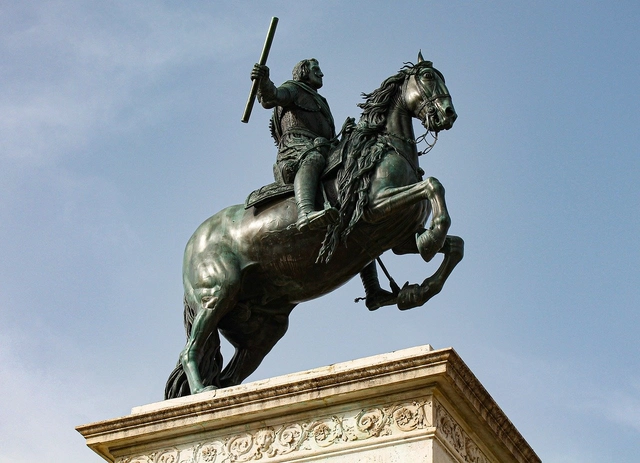Top 10 Historical Events That Changed the World
Explore the top 10 historical events that have had a profound impact on the course of human history. These moments shaped the world we live in today, from ancient times to the modern era.

1. The Fall of the Roman Empire (476 AD)
The fall of the Roman Empire marked the end of one of history's most powerful civilizations and led to the beginning of the Middle Ages in Europe. This event reshaped the political and cultural landscape of the Western world.
2. The Signing of the Magna Carta (1215)
The Magna Carta, signed in 1215, is often considered the foundation of modern democracy. It established the principle that everyone, including the king, is subject to the law and laid the groundwork for constitutional government.
3. The Discovery of the New World (1492)
Christopher Columbus's voyage in 1492 led to the discovery of the Americas, opening up a new world for exploration, colonization, and trade. This event had a lasting impact on global history, including the spread of cultures, resources, and diseases.
4. The Industrial Revolution (1760-1840)
The Industrial Revolution transformed economies from agrarian to industrial, leading to rapid technological advancements, urbanization, and significant changes in society. It laid the foundation for the modern industrialized world.
5. The American Revolution (1775-1783)
The American Revolution led to the creation of the United States of America and inspired other colonies around the world to seek independence. It was a pivotal moment in the history of democracy and self-governance.
6. The French Revolution (1789-1799)
The French Revolution was a period of radical social and political change in France that led to the rise of democracy and the decline of monarchies. Its influence spread across Europe and the world, shaping modern political thought.
7. World War I (1914-1918)
World War I was a global conflict that reshaped the political and geographical landscape of Europe. It led to the downfall of empires, the creation of new nations, and set the stage for World War II and the modern world order.
8. World War II (1939-1945)
World War II was a global war that involved the majority of the world's nations. It resulted in the defeat of the Axis powers, the establishment of the United Nations, and the beginning of the Cold War, shaping the latter half of the 20th century.
9. The Moon Landing (1969)
The Apollo 11 mission's successful landing on the moon in 1969 was a monumental achievement in human history. It symbolized the potential of human ingenuity and marked the beginning of space exploration.
10. The Fall of the Berlin Wall (1989)
The fall of the Berlin Wall in 1989 symbolized the end of the Cold War and the reunification of Germany. It marked a significant moment in the struggle for freedom and democracy in Eastern Europe and led to the collapse of the Soviet Union.
keywords: Historical events; World history; Significant moments.
Partner Suggestion
Artificial Intelligence in Healthcare
